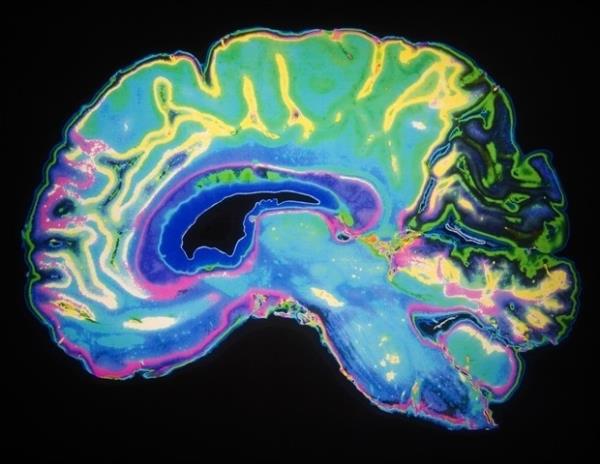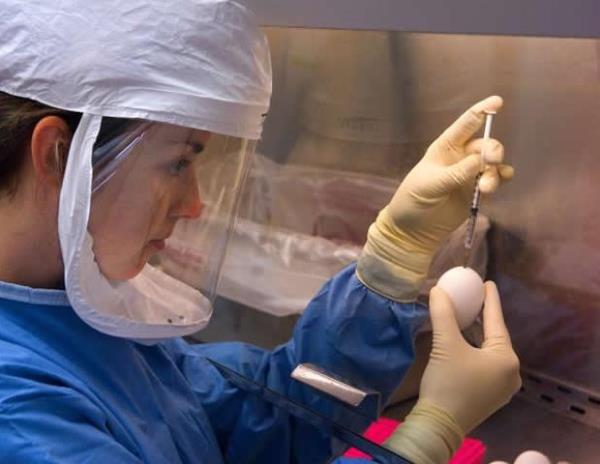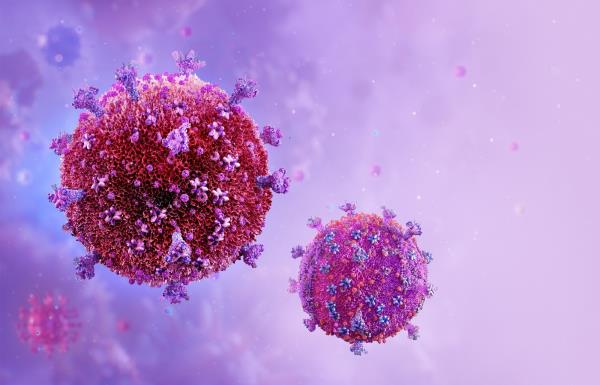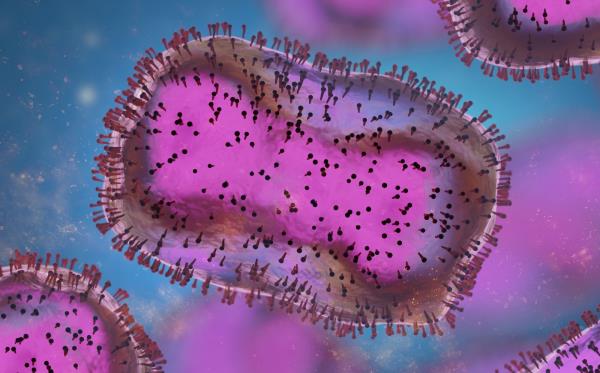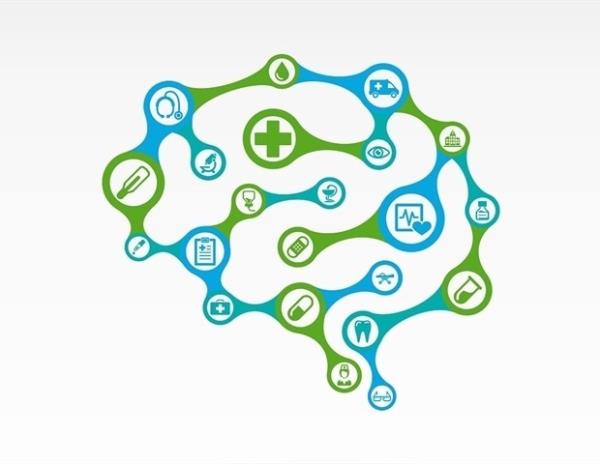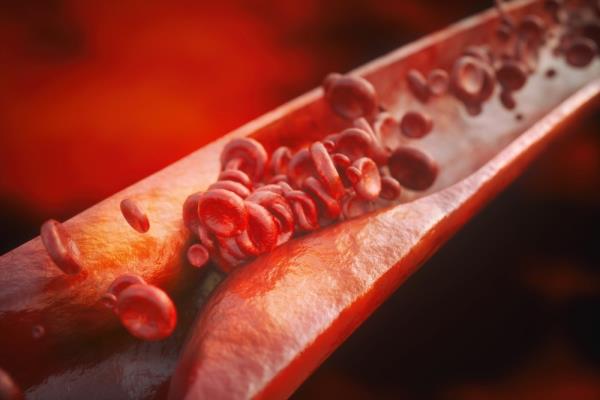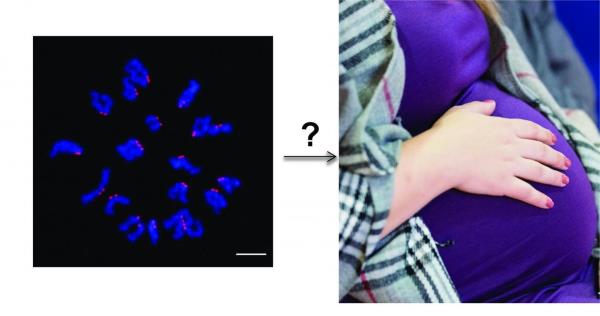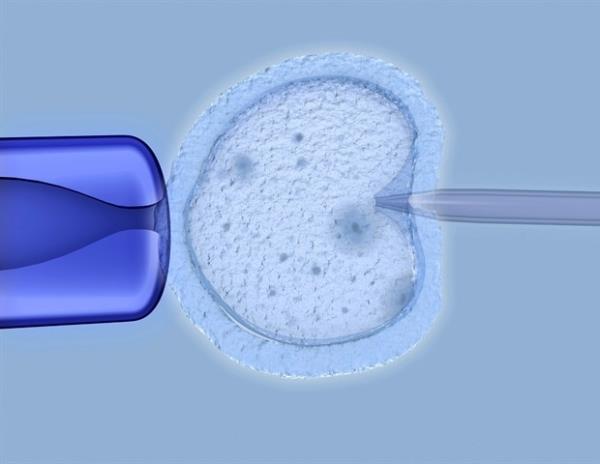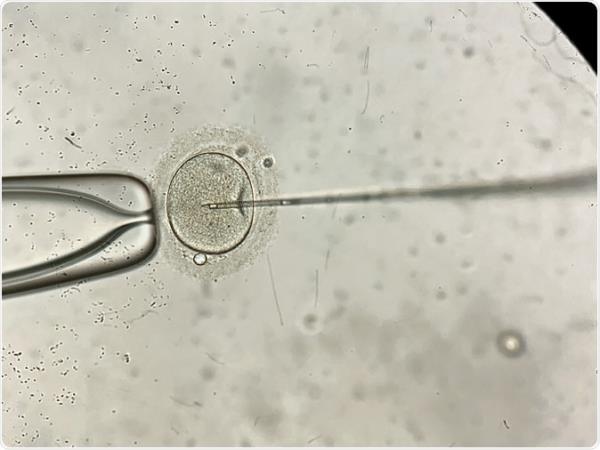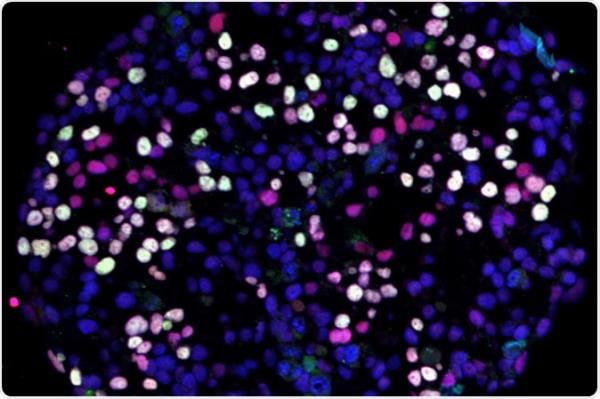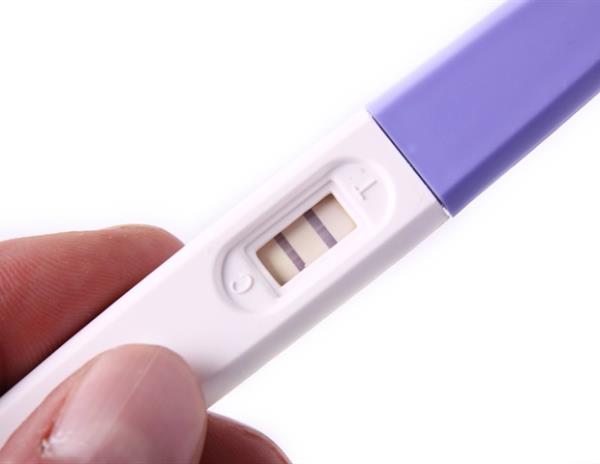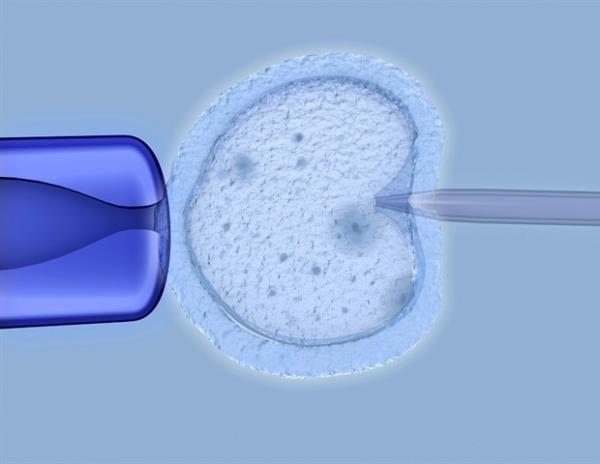
根据在美国心脏病学会年度科学会议上发表的一项研究,在心脏病发作后使用葡萄糖共转运蛋白-2 (SGLT-2)抑制剂恩格列净在减少心力衰竭住院或任何原因导致的死亡方面没有显着的益处。然而,研究人员表示,这种药物可能有助于降低心脏病发作后的心力衰竭风险,包括住院治疗。尽管没有达到主要终点,EMPACT-MI试验的结果发现,服用恩格列净的患者发生与心力衰竭直接相关的某些结果的风险显著降低,包括首次因心力衰竭住院、因心力衰竭总住院以及心力衰竭住院和因心力衰竭死亡的综合风险,但没有任何不良事件的风险增加。
SGLT-2 inhibitors were initially approved to treat Type 2 diabetes by lowering blood sugar. As evidence has mounted pointing to their benefits in reducing heart failure and other forms of heart disease, researchers have sought to determine whether these drugs could help to prevent heart failure even in people without diabetes or chronic kidney disease.
A heart attack can damage the heart muscle in ways that sometimes lead to heart failure, a condition in which the heart becomes too weak or too stiff to effectively pump blood throughout the body. The EMPACT-MI trial was designed to determine whether SGLT-2 inhibitors could safely help to prevent heart failure and reduce mortality in people with a high risk of heart failure following a heart attack.
The study enrolled 6,522 people treated for acute myocardial infarction at 451 centers in 22 countries. Participants had no history of heart failure but had at least one heart failure risk factor in addition to signs of potential heart dysfunction as indicated by a newly lowered left ventricle ejection fraction to below 45% and/or signs or symptoms of congestion requiring treatment. about 32% had Type 2 diabetes. On average, participants were 64 years old and approximately 25% were women and 84% were White.
Within 14 days of being admitted to the hospital for a heart attack, half of the participants were randomly assigned to receive empagliflozin at a dose of 10 mg daily, while the other half received a placebo. Researchers tracked outcomes for a median of just under 18 months.
The study's primary composite endpoint occurred in 8.2% of those who received empagliflozin and 9.1% of those receiving a placebo, a difference that was not statistically significant. There was also no difference in the rate of death from any cause, which occurred in 5.2% of those receiving empagliflozin and 5.5% of the control group.
All secondary endpoints related specifically to heart failure outcomes were significantly reduced among patients who received empagliflozin. For example, those receiving empagliflozin were 23% less likely to experience a first heart failure hospitalization and 33% less likely to experience any heart failure hospitalization—including recurrent hospitalizations—compared with those taking a placebo. The composite rate of total heart failure hospitalizations and death from heart failure was also 31% lower among those receiving empagliflozin.
Among patients who were not taking common heart failure therapies such as diuretics, angiotensin-converting enzyme (ACE) inhibitors and angiotensin receptor/neprilysin inhibitor (ARNI) at the time of their initial hospital discharge, those taking empagliflozin were significantly less likely to start such therapies within six months compared with those taking a placebo.
"In terms of heart failure outcomes, the data is not only strong, but it's consistent with what we've found over the past 10 years in yet another population," Butler said. "This finding is completely consistent in both direction and magnitude with other studies of SGLT-2 inhibitors in populations with diabetes and chronic kidney disease."
While as a pragmatic trial design to simplify trial procedures and make it easier on both the participants and the sites, the study had limitations that may have influenced the findings, researchers said. For example, because outcomes were not adjudicated by independent reviewers, outpatient heart failure events were not formally captured as part of the primary endpoint. However, researchers said data on outpatient heart failure visits were collected as part of the study protocols for assessing adverse events. An analysis of these events showed outpatient visits for heart failure were substantially lower in participants who received empagliflozin compared with placebo.
Another limitation was the use of all-cause mortality as part of the primary endpoint, which meant that deaths unrelated to heart failure were included in the endpoint even though the study drug was unlikely to influence them. There were also some unusual circumstances that may have influenced rates of both hospitalization and death, including the COVID-19 pandemic and conflicts involving Russia, Ukraine and Israel, all countries that participated in the trial.
Finally, researchers said that the follow-up period may have been too short to fully capture any difference in mortality related to heart failure. Since people who developed heart failure following their heart attack typically did not begin to show heart failure symptoms until a few months later, any reductions in mortality would not be expected to emerge until after that.
"We just did not have long enough follow-up to see whether that heart failure prevention would lead to a benefit in mortality, but it's a reasonable clinical thing to say that if you're preventing heart failure, it's a good thing," Butler said.
The study was funded by Boehringer Ingelheim and Eli Lilly.
This study was simultaneously published online in the New England Journal of Medicine at the time of presentation.
Butler will be available to the media in a press conference on Saturday, April 6, 2024, at 10:45 a.m. ET / 14:45 UTC in Room B203.
Butler will present the study, "Empagliflozin After Acute Myocardial Infarction: Results of the EMPACT-MI Trial," on Saturday, April 6, 2024, at 9:30 a.m. ET / 13:30 UTC in the Hall B-1 Main Tent.



